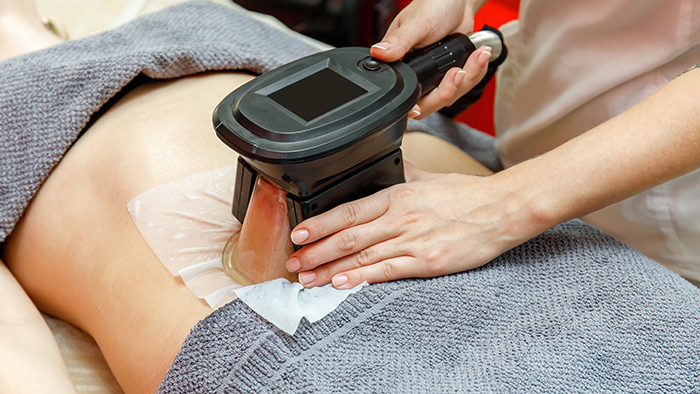
By Patrick O'Brien, JD, legal coordinator for the American Med Spa Association
The most recent issue of the Alabama Medical Digest (published July 24, 2019) contains an interesting article that clarifies the Alabama Board of Medical Examiners' stance on the use of lasers, intense pulsed light (IPL) and other energy devices that affect living tissue. According to the article, it was motivated by the number of questions the board gets about what devices a non-physician can use and how new technologies, such as CoolSculpting, are treated. (A portion of these questions were very likely mine!) To provide answers, the article relies heavily on the board rules under Chapter 540-X-11 of the board's administrative code, titled Guidelines for the Use of Lasers and Other Modalities Affecting Living Tissue.
On new devices and technologies, the board's position is that any device that is capable of affecting the tissue below the stratum corneum is a medical device regardless of the particular energy or technology used. Such devices must be used only by a physician or someone under a physician's delegation and supervision. In this case, cryolipolysis devices such as CoolSculpting and radio frequency heating devices such as Exilis would be considered medical devices and would fall under the board's rules—specifically the 540-X-11 guidelines.
These guidelines divide energy- and chemical-based treatments into two broad categories: ablative and non-ablative. Ablative treatments are those that are expected or intended to remove, burn or vaporize tissue. These procedures and treatments may not be delegated to non-physicians and can only be performed personally by physicians. Non-ablative treatments include all other uses of lasers, energy or chemicals, as well as laser hair removal. Under the rules, non-ablative treatments may be delegated to non-physicians in some circumstances—the physician must examine the patient, establish the patient's treatment plan and sign the patient's chart, after which the treatment can be delegated to a person who meets the education requirements under chapters 540-X-11.07 or 540-X-11.08. When delegating these treatments, the physician must provide onsite supervision, meaning he or she is physically present in the facility and available to immediately respond if needed. However, when this treatment is delegated to a physician assistant (PA) or a nurse practitioner (NP) who practices at a remote site, the physician is not required to by physically onsite, but still must complete the initial patient examination, treatment plan and chart signing steps.
The article also touches on the use of telemedicine when the physician performs the patient assessment and examination. The board states that the physician is able to utilize telemedicine for these exams, provided it meets the same standard of care as if the physician were seeing the patient in person. However, as the article notes, using telemedicine in these cases make little practical sense when the physician must be onsite anyway to supervise the treatments, although telemedicine could be used for PAs and NPs at remote practice sites where the physician's physical presence is not required.
In all, this article does not drastically change the practice landscape in Alabama. In fact, Alabama AmSpa members familiar with their State Legal Summary will not be surprised by the positions of this article. It does, however, give additional insight to how the Alabama Board of Medical Examiners views its duties, as well as serves as an important reminder that medical and nursing boards across the country are increasingly aware of and taking action in the medical aesthetic industry.












